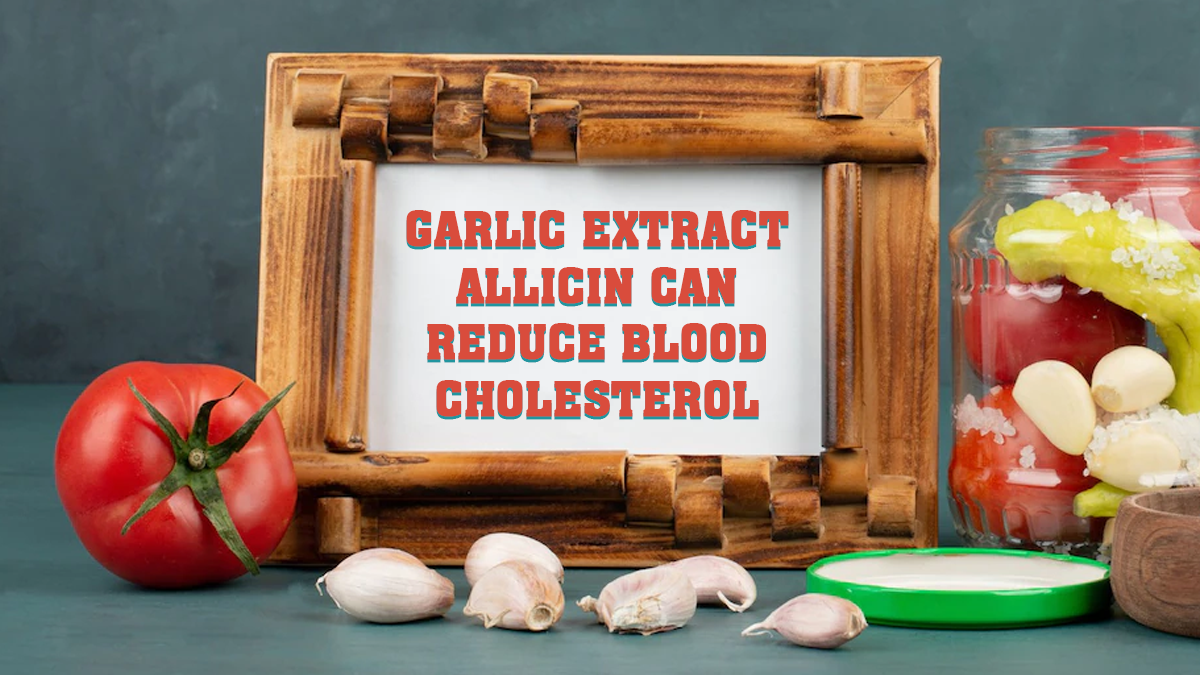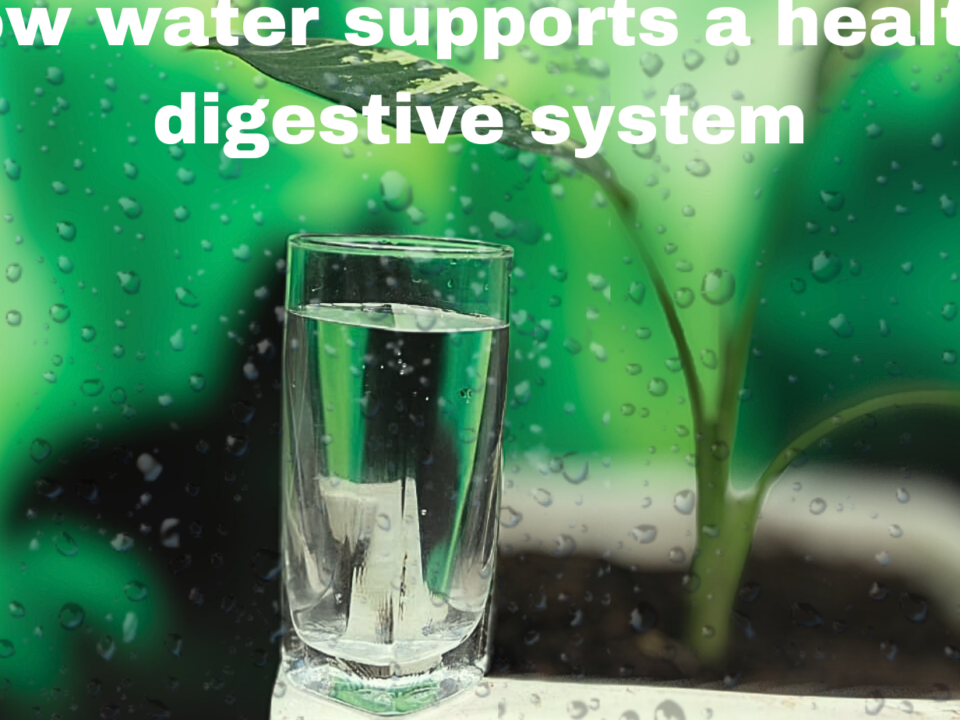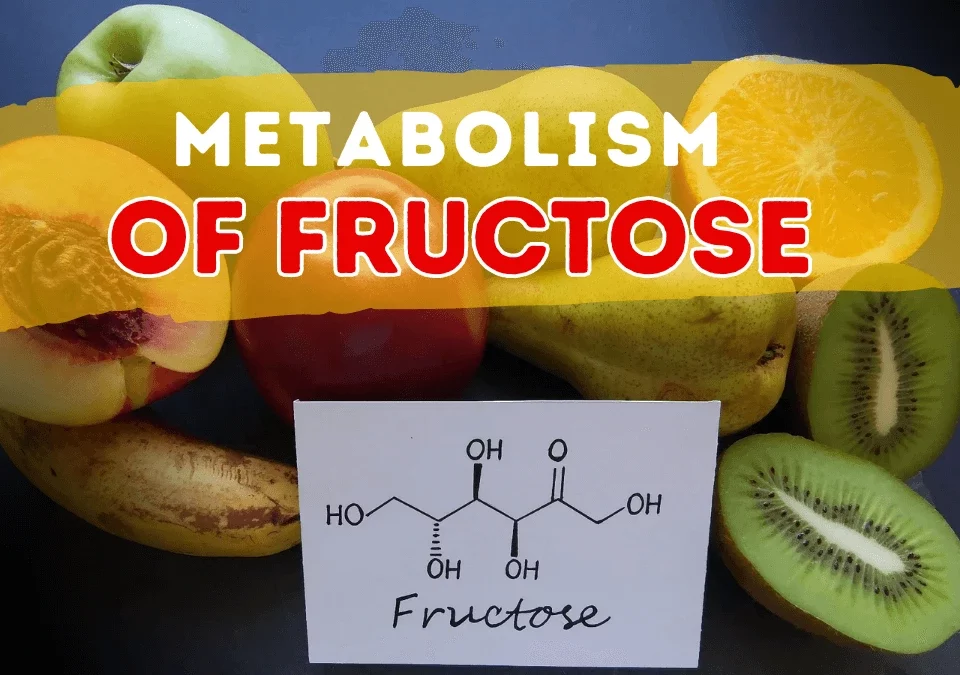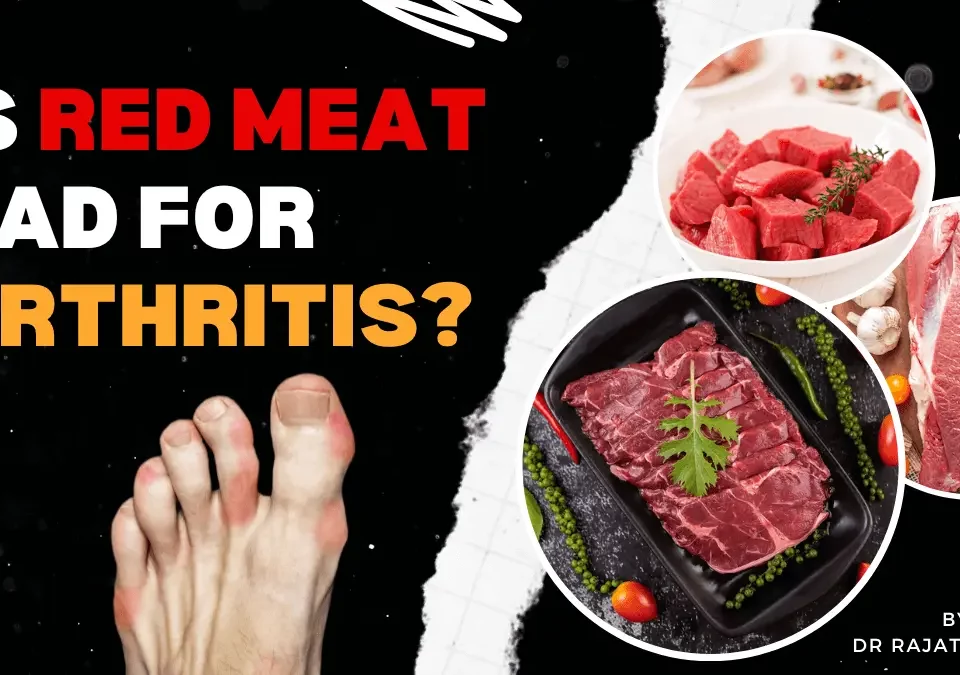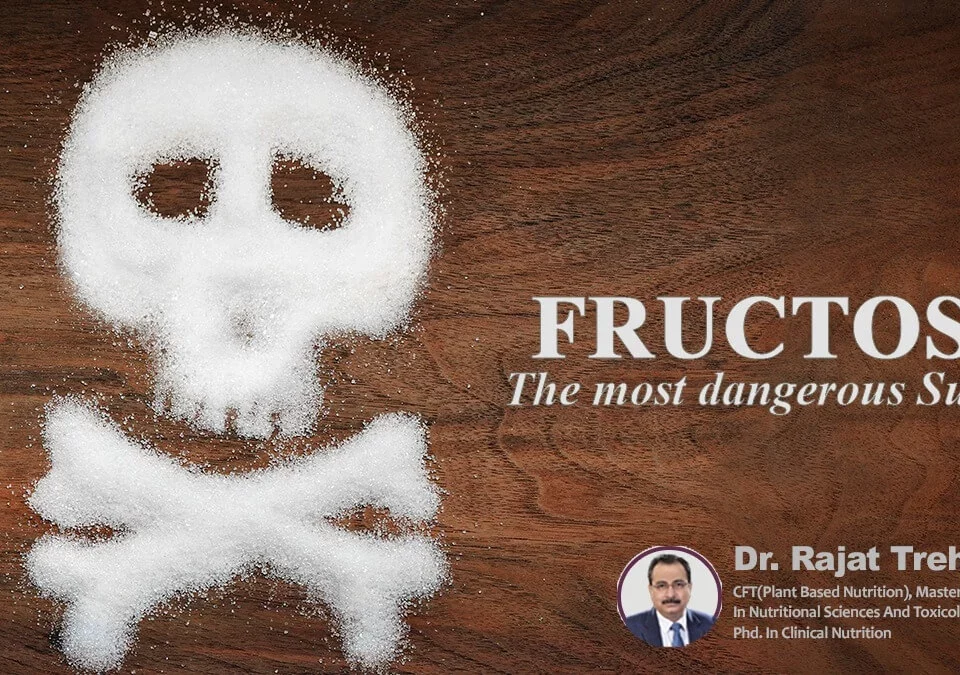Garlic Extract Allicin Can Reduce Blood Cholesterol

3 Simple Tips to Help You Eat More FruitsAnd Vegetables
December 31, 2022
Relationship between R.A & liver health
January 14, 2023Garlic Extract Allicin Can Reduce Blood Cholesterol
Blood cholesterol is seen to be high in people who are obese, eat excessive junk food or follow an unhealthy way of living. Keeping cholesterol levels under control is the need of the hour since it can lead to life-threatening conditions such as atherosclerosis, hypertension, and heart attack and can sometimes be fatal in severe cases. Some methods can be employed, such as making lifestyle modifications, changes in the diet, increasing physical activities and losing weight. Adding certain foods to the diet can also lower cholesterol levels.
Types of Cholesterol in Blood
There are three types of cholesterol - LDL, VLDL and HDL (Low-Density Lipoprotein, Very Low-Density Lipoprotein and High-Density Lipoprotein). Of these, the harmful cholesterols are LDL and VLDL. On the other hand, HDL is considered to be healthy cholesterol.
Garlic and Cholesterol Levels
Garlic has been used as a medicinal component for thousands of years. Its most important component, allicin, is known to have cholesterol-lowering effects on the body. Allicin can lower levels of LDL and VLDL in the body when taken regularly in limited doses. However, one should not depend on garlic alone to lower cholesterol. A combination of beneficial foods, a proper diet, and physical activity will help you lose weight, lower harmful cholesterol levels and promote a healthy heart.
How Does Garlic Lower Cholesterol?
Allicin is an active compound found in garlic that is responsible for its cholesterol-lowering effects. However, how allicin exactly lowers cholesterol is still debatable. Allicin is commonly known for its anti-inflammatory and antioxidant effects.
Antioxidants neutralise the free radicals in the body and the oxidative stress caused by them. Oxidative stress often contributes to increased cholesterol in the body.
Even increased inflammation in the body adds to cholesterol in the body. However, short-term inflammation does not affect cholesterol levels as such. In contrast, chronic inflammation can lead to decreased HDL and increased LDL levels. Hence, garlic is advised to lower these levels and maintain the balance of cholesterol in the body.
The exact mechanism of action of garlic is poorly understood and requires more research. However, some suggest that allicin binds to the protein receptors on the surface of liver cells, also known as LDL cholesterol. By doing this, it compromises the production of LDL at the cellular level.
A 2013 study in Australia suggests that people who consumed garlic regularly showed reduced LDL cholesterol. In addition, they also showed reduced total cholesterol levels than those people who didn't. Furthermore, no impact on the levels of good cholesterol was found. However, the results were dose-dependent and did not prove that garlic alone can reduce cholesterol in the blood.
Most beneficial forms of garlic
Garlic is available in various forms, from powdered, juices, extracts, pastes, raw garlic, freeze-dried, oils, and others. No exact dose or form of garlic is more beneficial than the other.
However, a study in 2013 by Ried K did not include tablets and supplementary forms of garlic and yet achieved significant results in improving blood cholesterol levels.
Some studies claim that consuming freshly crushed garlic is most effective in lowering blood cholesterol levels. This is because it provides the most amount of allicin directly into the bloodstream. However, its half-life is too short.
When supplements were tested, the best ones were enteric-coated tablets that delivered consistent levels of allicin in the blood for a longer duration. These tablets have better bioavailability than other options but are compromised with the intake of high-protein food. On the other hand, garlic capsules were unaffected by food.
Dosage
No exact dosage of garlic to reduce cholesterol levels has been documented yet. This is because its mechanism of action is poorly understood, and so is its half-life. Moreover, garlic alone is not responsible for reducing cholesterol levels; many other factors, such as proper diet, exercise and living an active lifestyle, matter. Hence, an appropriate and effective dose has not been documented.
Drug interactions and Side Effects
Garlic and its supplements may react with certain medicines such as blood thinners (warfarin, heparin), antiretrovirals, cyclosporine or immunosuppressants, isoniazid and nonsteroidal anti-inflammatory drugs.
Garlic has some disadvantages over other medications, such as:
● Foul smell
● Body odour
● Heartburn
● Diarrhoea (due to excessive consumption)
● Gas/ Flatulence

